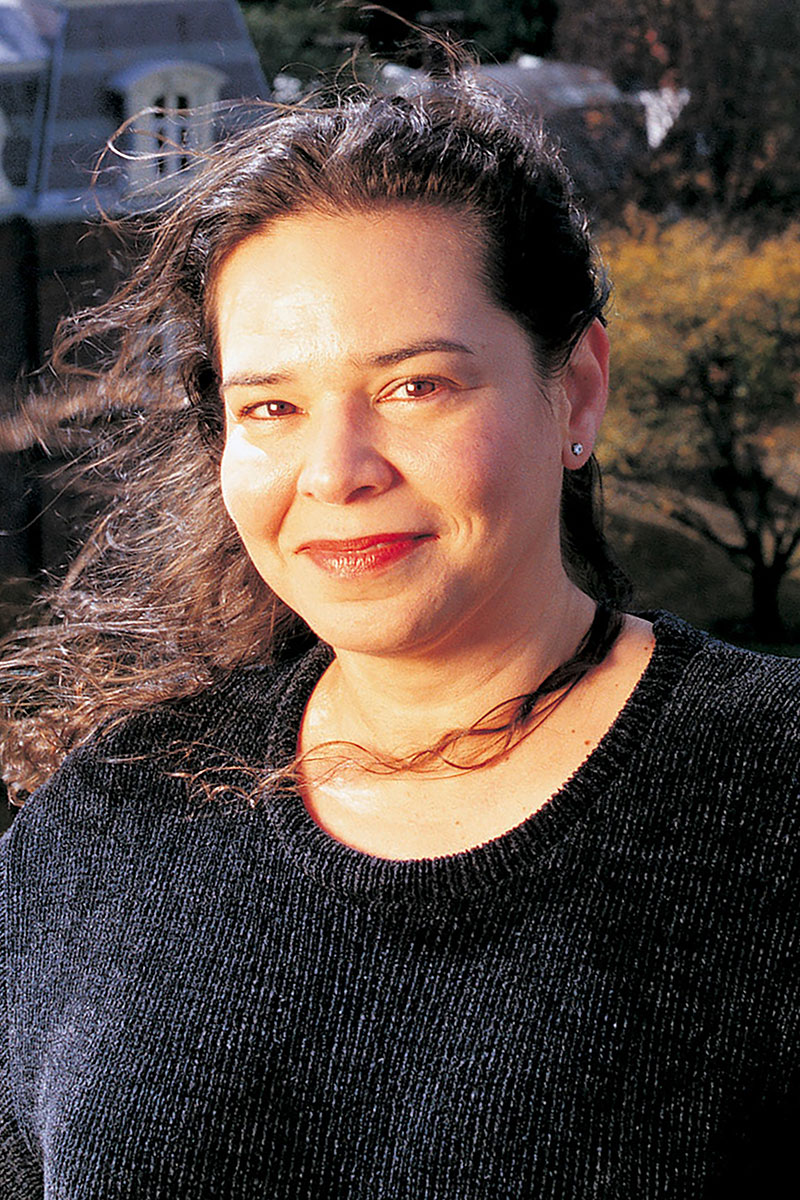Lizabeth Paravisini-Gebert Selected as 2024–2025 John Carter Brown Library Long Term Fellow

Lizabeth Paravisini-Gebert, Professor of Hispanic Studies on the Randolph Distinguished Professor Chair, was selected by the John Carter Brown Library as a Long Term Fellow for her project entitled “The Mighty Ceiba: Sacred Tree of the American Tropics.” Her project explores this ubiquitous tropical tree, which has been a cultural and religious icon in the American tropics since pre-Columbian times, and its relationship to history, link to enduring religious traditions and practices, and possible role in the conservation of vital elements of the region’s environment.
Sacred tree of the Maya people, venerated by the Arawak population of the Caribbean as YaYa, central to African-derived practices in Santería, and the mapou or tree-that-must-never-be-cut of Haitian Vodou, it is a species highly valued across its broad range, which extends from northern South America to Central America, Mexico and the Gulf states, and the Caribbean archipelago. It is known by a variety of names—ceiba, mapou, kapok, lupana, or silk cotton tree, among others—each of them marking it as an iconic element in its natural and spiritual landscape.
The iconic position of this seminal tree in the cultural and environmental history of its geographical range—the possibility of identifying it as perhaps the most outstanding example of pantropical charismatic megaflora—offers us an opportunity to explore its relationship to our history and possible role in environmental conservation. The study moves from an exploration of the ceiba’s centrality in the worldview of various indigenous peoples of the region and in the mythologies that explain the creation of the world, to its present status as a tree species that anchors rich biodiversity habitats that provide a buffer against the effects of climate change.
